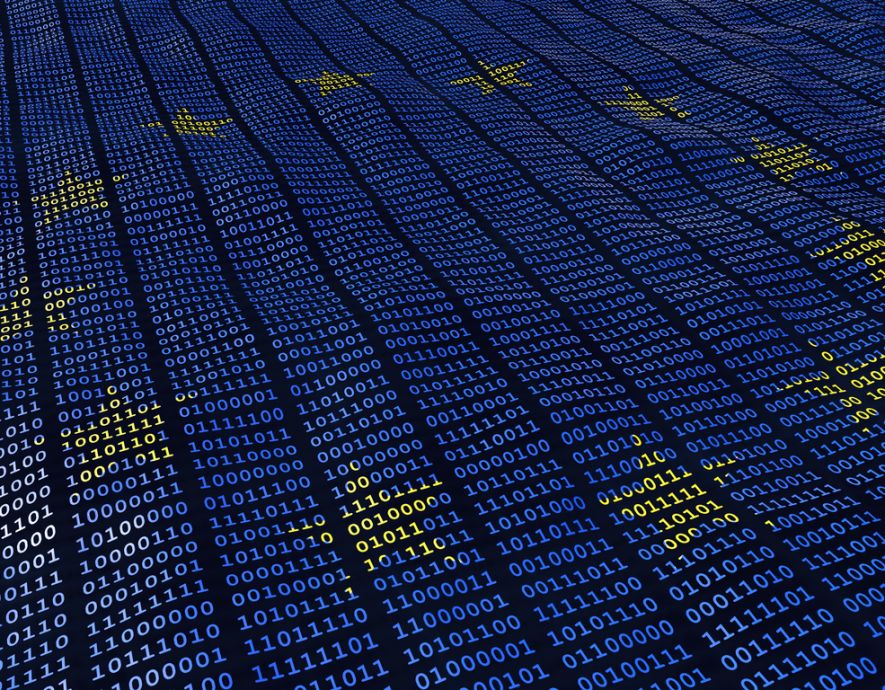
- Home
- Cyber stability
- Splinternet: the inexorable dislocation of the Internet?
Splinternet: the inexorable dislocation of the Internet?


The Splinternet—a contraction of « split » and « Internet »—corresponds to the Balkanisation of the network of networks under the effect of technological and political factors. Between cyber-sovereignty, trade wars, and the desire for censorship, it is progressing step by step.
Is the dream of a universal, decentralised, and open Internet being shattered into several fragmented, more or less autonomous networks, marked by strong regional and political influences? It is difficult to answer this question, but what is true is that the Internet Society (ISOC)—an association created in 1992 by the Internet pioneers to promote and coordinate the development of computer networks worldwide—has been fighting against that trend for many years.
In September 2020, ISOC launched the first-ever « toolkit » for measuring the impact of regulation on the Internet. Simply put, it is the first regulatory assessment toolkit that defines the essential properties that are needed to protect and enhance the future of the Internet.
This announcement followed a series of events in the global geopolitical arena. The first of these occurred a month earlier, in August 2020. The Trump administration then announced that it wanted to extend its « Clean Network » programme, whose aim was, according to the then Secretary of State, Michael Pompeo, to « protect the privacy of American citizens and the most sensitive information of companies from aggressive intrusions by malicious actors such as the Chinese Communist Party. »
The « Clean Network » programme had several components, including the « Clean Carrier », which was intended to « ensure that operators in the People’s Republic of China (PRC) are not connected to U.S. telecommunications networks. » As for the « Clean Cloud », it was designed to « prevent the most sensitive personal data of U.S. citizens, as well as the most valuable intellectual property assets of companies (including COVID-19 research data), from being stored and processed in cloud systems accessible to foreign adversaries [of the U.S.] through companies such as Alibaba, Baidu, or Tencent. »
In a statement, the Internet Society regrets that « the United States, the country that funded the early development of the Internet, is now considering policies that would fracture it into pieces. This is part of a larger disturbing trend where governments directly interfere with the Internet, attempting to score short-term political points without regard to the long-term damage that results. »
From Belarus to Russia, the beginnings of the Splinternet
This « wider worrying trend » is based on many other decisions taken by countries such as Belarus. In the summer of 2020, the authorities in that country ordered the Internet to be cut off during protests following the controversial re-election of President Alexander Lukashenko, who had been in power since 1994.
But one of the most striking illustrations of what the Splinternet could be is surely the series of tests Russia conducted in 2019 and 2021 to disconnect itself from the global Internet. Indeed, in late 2019, the country led by Vladimir Putin enacted legislation known as the Sovereign Internet Law, to protect it from being cut off from foreign infrastructure, in response to what Russia calls the « aggressive nature » of the United States’ national cybersecurity strategy…
Officially, the purpose of the tests was to determine the ability of the « Runet » (the Russian Internet) to function in the face of external distortions, blockages, and other threats from abroad. Unofficially, many freedom of expression advocates fear that these measures will strengthen the country’s capacity for government surveillance of cyberspace. The Russian authorities’ initiative aims to restrict the connection points of the national version of the network to its global counterpart, which would allow the government to better control what its citizens have access to.
The Great Firewall of China, in place since the early 2000s
But Russia is not new in this respect. Since the beginning of the years 2000, China has been building its « Great Firewall » to block a number of foreign sites, first and foremost the major American digital players (such as Facebook, WhatsApp, Google, YouTube, Twitter, LinkedIn, Snapchat, Instagram and Flickr), but also many Western news sites such as the BBC… According to a study conducted in 2020 by a team of researchers from American and Canadian universities, the Great Firewall of China blocks a total of around 311,000 domains.
This ban on access to certain foreign sites and services has obviously enabled a large number of national players to develop and become real technological giants. The companies Baidu, Alibaba, Tencent, and Xiaomi—also called « BATX »—are now true national monopolies, competing without shame with their international competitors, particularly American.
The Internet: a digital empire of four kingdoms?
To understand the current situation, one can refer to the research by Kieron O’Hara and Wendy Hall, entitled « Four Internets: Data, Geopolitics, and the Governance of Cyberspace, » published in the UK by Oxford University Press in August 2021. The research suggests that today’s Internet is more like a digital empire composed of « four kingdoms. » These kingdoms are in fact models, each named after the geopolitical entity that has devoted the most effort and resources to its promotion and implementation.

https://www.oecd-forum.org/posts/four-internets-data-geopolitics-and-the-governance-of-cyberspace-by-kieron-o-hara-wendy-hall
The first of these kingdoms/models is Silicon Valley and its ideal of openness and freedom. The second is Washington DC and its very business-oriented approach. The third is Brussels and its demand for privacy and human rights. Beijing and its paternalistic traditions round off the list. These four kingdoms are in fact five: we must indeed add Moscow, which—according to the researchers—does not really have a vision for the Internet, but sees it mainly as a political instrument, a tool to be exploited.
« Other models are possible; in fact they exist, and other narratives than ours could probably be generated, » say Kieron O’Hara and Wendy Hall. « We also don’t want to say that governments dictate everything. Internet governance is also influenced by companies, supranational organisations, etc. Not all aspects of the Chinese Internet are dictated by the government. You must also take into account Tencent, Ant Financial, Huawei and, above all, the Chinese people, » the researchers add.
In conclusion, from the « Great Firewall of China » to the American protectionist measures and to the Russian desire to disconnect from the global network, the Splinternet seems to have gained ground on the dream of the Internet pioneers to build a universal, open, and self-administered network. But, in fact, has this dream ever been realised?
the newsletter
the newsletter



